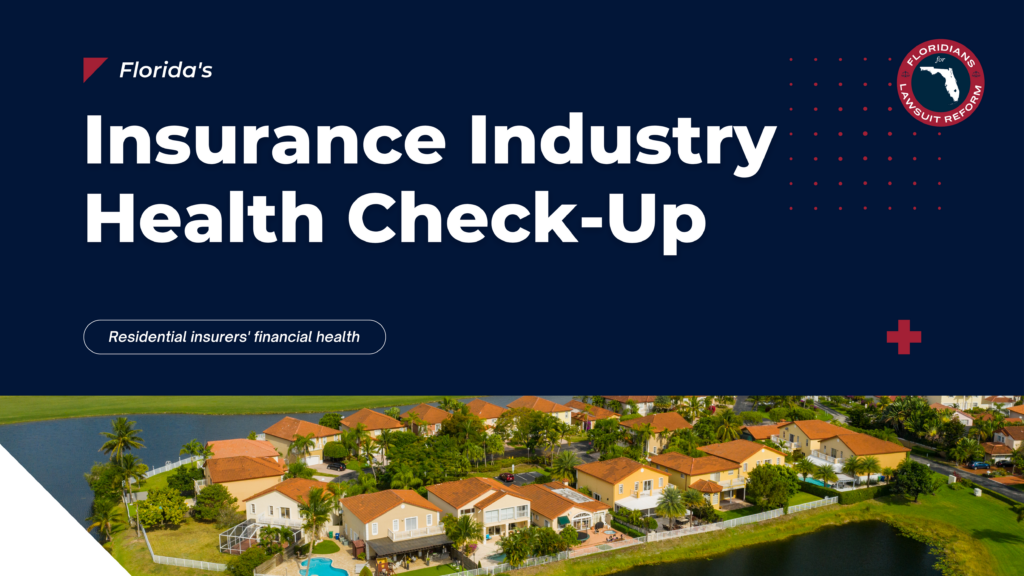
by Dave Elias
12:24 PM EDT, Mon June 05, 2023
Just one full day into the Florida hurricane season and homeowners are being warned to expect a 40% increase in their home insurance rates this year.
It’s a sign the state’s insurance crisis is far from ending anytime soon. A 40% increase means cost wise, the average premium will cost $6000 a year. That is four times the national average of $1700 a year.
Many homeowners like Bill Casino say they don’t know where they’ll get the extra money.
“Prices are going insane. They went up, I believe, 42% in our community, and they’re expected to go up another 40%. I don’t see anybody’s pay going up 40%; that’s my concern,” he said.
Many homeowners already getting their renewals are seeing the rate hike by more than 40%.
Jacky Maxwell saw her rates jump from $1300 this year to over $3000.
Mark Friedlander with the Insurance Information Institute warns a majority of homeowners will have sticker shock when they get their policy renewals.
Industry experts blame the higher rates on hundreds of thousands of lawsuits plaguing the industry, billions in statewide storm damage last year, and rising reinsurance rates.
“Right now, Florida is clearly the largest average premium in the country. There is nobody higher than Florida’s average,” Friedlander said.
He warns even more scary is that half of the state’s insurance companies are not on stable financial ground.
“Half of Florida’s residential insurers are on a watch list from the insurance regulator because of their financial health. That is what is so concerning to us,” Friedlander pointed out.
Seven insurance companies in Florida have gone insolvent in the last year, and there is fear that even more could dissolve this year, leaving many people with no option but the state-run Citizens property insurance.
“When you see Citizens growing so rapidly, more than 30k new policies a month, that shows us how unstable the Florida insurance market remains,” Friedlander concluded.
As costs rise, more people like Fort Myers resident Jill Wallace, who saw rate hikes, are left with fewer options.
“It will be hard, but I can’t see moving or leaving. You have to have insurance, and I think most people are just going to have to pay it,” Wallace explained.
Industry experts say unfortunately they see no light at the end of the tunnel despite lawmakers holding two special sessions earlier this year to address the matter. The lawmakers have warned the fruits of their efforts may not be seen for 18 months or more.
